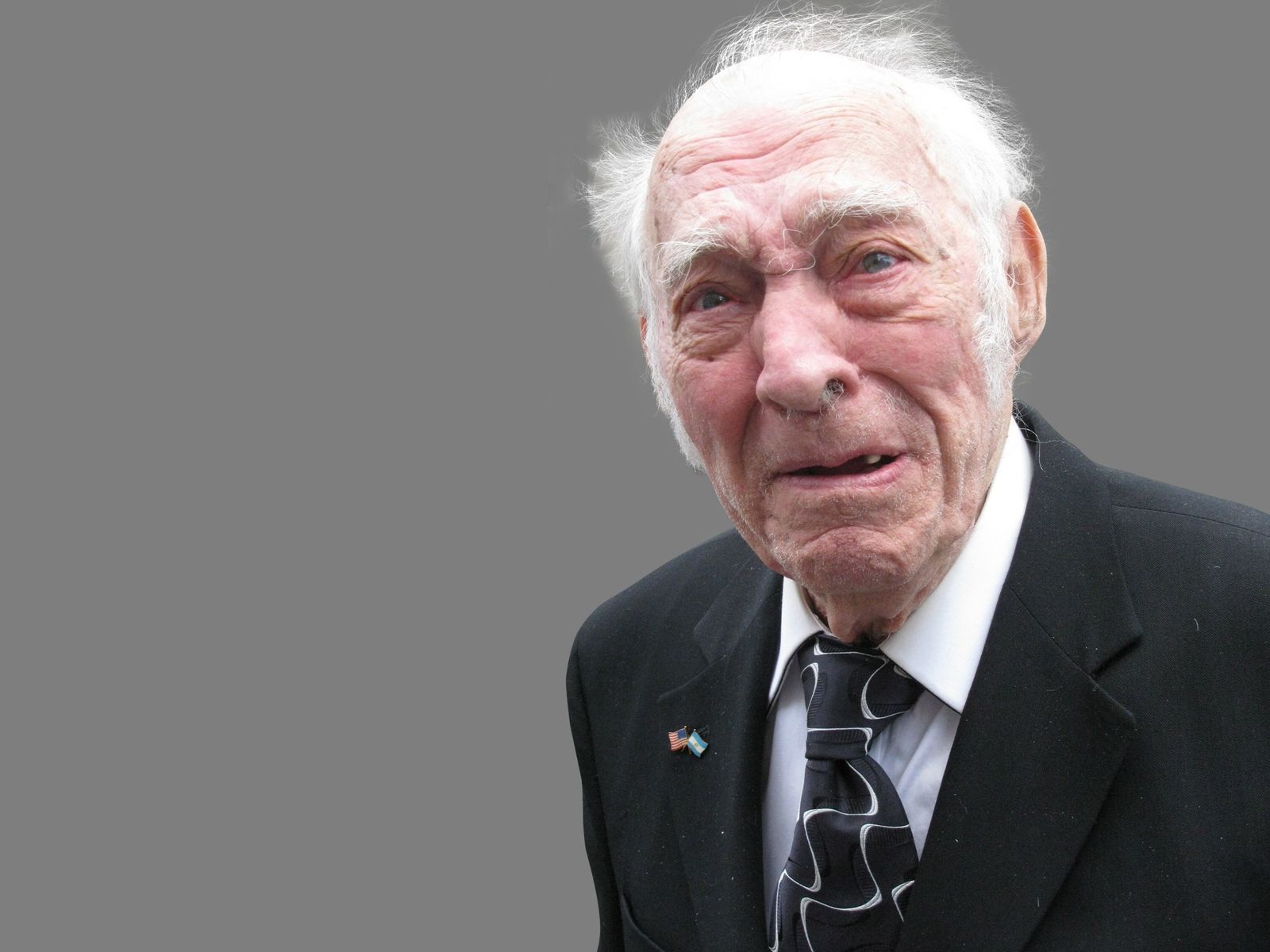
Who was Leo Sharp? Leo Sharp, also known as "El Tata," was an American World War II veteran and horticulturist who became infamous for his unexpected second career. In his 80s, Sharp turned to drug trafficking, working as a courier for the Sinaloa Cartel. Why did he do it? Sharp claimed financial troubles pushed him into the illegal trade. How did he get caught? In 2011, authorities arrested him with nearly 230 pounds of cocaine. His story inspired the Clint Eastwood film "The Mule." What makes his tale so intriguing? It's a mix of age, crime, and unexpected twists that captivate anyone who hears it.
Key Takeaways:
- Leo Sharp, also known as "El Tata," led a remarkable life as a war hero, horticulturist, and drug mule, challenging stereotypes and sparking discussions about aging, crime, and redemption.
- Sharp's story serves as a cautionary tale about the unpredictable nature of life and the consequences of getting involved in illegal activities, while also highlighting the complexities of human behavior and the far-reaching influence of drug trafficking organizations.
Who Was Leo Sharp?
Leo Sharp, also known as "El Tata," was an American World War II veteran who later became infamous for his involvement in drug trafficking. His life story is a mix of heroism, horticulture, and crime.
-
Leo Sharp was born on May 7, 1924, in Michigan. His early years were marked by the Great Depression.
-
He served in the U.S. Army during World War II, earning a Bronze Star for his bravery.
-
After the war, Sharp became a renowned horticulturist, specializing in daylilies. His flowers won numerous awards.
-
Sharp's daylily farm in Michigan was famous among gardening enthusiasts.
The Unexpected Turn to Crime
Despite his peaceful life as a gardener, Sharp took a surprising turn later in life. He became involved in drug trafficking for the Sinaloa Cartel.
-
At the age of 87, Sharp was arrested for transporting over 200 kilograms of cocaine.
-
He worked as a drug mule for nearly a decade before his arrest in 2011.
-
Sharp used his age and appearance to avoid suspicion while transporting drugs across state lines.
-
He was paid up to $1,000 per kilogram of cocaine he delivered.
The Arrest and Trial
Sharp's arrest and subsequent trial drew significant media attention due to his age and background.
-
He was arrested during a traffic stop in Michigan, where police found cocaine in his vehicle.
-
During his trial, Sharp's defense argued that he was coerced into trafficking by the cartel.
-
Sharp pleaded guilty to drug trafficking charges in 2013.
-
He was sentenced to three years in federal prison but was released early due to his declining health.
Life After Prison
After his release, Sharp returned to a quieter life, but his story continued to captivate the public.
-
Sharp passed away on December 12, 2016, at the age of 92.
-
His life inspired the 2018 film "The Mule," directed by and starring Clint Eastwood.
-
The film portrays a fictionalized version of Sharp's life, focusing on his time as a drug mule.
Interesting Tidbits
Sharp's life was filled with fascinating details that add depth to his story.
-
He was known for his generosity, often giving away flowers to friends and neighbors.
-
Sharp's daylilies were so popular that they were featured in gardening magazines.
-
Despite his criminal activities, many who knew him described Sharp as kind and gentle.
-
He was a father and grandfather, maintaining close relationships with his family.
-
Sharp's story highlights the complexities of human behavior and the unexpected paths life can take.
Legacy and Impact
Sharp's life continues to be a topic of interest, raising questions about crime, aging, and redemption.
-
His story has been the subject of numerous articles, documentaries, and books.
-
The film "The Mule" brought renewed attention to Sharp's life, sparking discussions about the elderly and crime.
-
Sharp's involvement in drug trafficking challenges stereotypes about age and criminal behavior.
-
His life serves as a reminder that people are capable of change, for better or worse, at any age.
Final Thoughts on Leo Sharp
Leo Sharp's life was a blend of heroism, horticulture, and crime, making him a unique figure in American history.
-
His story is a testament to the unpredictable nature of life and the choices people make.
-
Sharp's dual legacy as a war hero and drug mule continues to intrigue and perplex.
-
His life raises important questions about the factors that drive individuals to crime.
-
Despite his criminal activities, Sharp's contributions to horticulture are still celebrated.
-
His story has inspired discussions about the treatment of elderly criminals in the justice system.
-
Sharp's life serves as a cautionary tale about the consequences of getting involved in illegal activities.
-
His involvement with the Sinaloa Cartel highlights the far-reaching influence of drug trafficking organizations.
-
Sharp's ability to evade suspicion for so long underscores the challenges law enforcement faces in combating drug trafficking.
-
His story has been used in educational settings to discuss ethics, crime, and aging.
-
Sharp's life continues to be a source of fascination for true crime enthusiasts.
-
Despite his criminal past, Leo Sharp remains a complex and multifaceted figure whose life story offers valuable lessons.
Final Thoughts on Leo Sharp
Leo Sharp's life was a wild ride, full of unexpected twists. From being a celebrated horticulturist to becoming one of the oldest drug mules for the Sinaloa Cartel, his story is nothing short of fascinating. Sharp's double life shows how people can have hidden depths and secrets, making his tale both intriguing and cautionary. His arrest at 87 and subsequent imprisonment highlight the consequences of living on the edge. Sharp's story serves as a reminder that choices, no matter how late in life, have repercussions. His life, filled with both beauty and danger, leaves us pondering the complexities of human nature. Whether you see him as a tragic figure or a cautionary tale, Leo Sharp's legacy is undeniably compelling. His story will continue to captivate those who hear it, long after his time.
Frequently Asked Questions
Was this page helpful?
Our commitment to delivering trustworthy and engaging content is at the heart of what we do. Each fact on our site is contributed by real users like you, bringing a wealth of diverse insights and information. To ensure the highest standards of accuracy and reliability, our dedicated editors meticulously review each submission. This process guarantees that the facts we share are not only fascinating but also credible. Trust in our commitment to quality and authenticity as you explore and learn with us.


